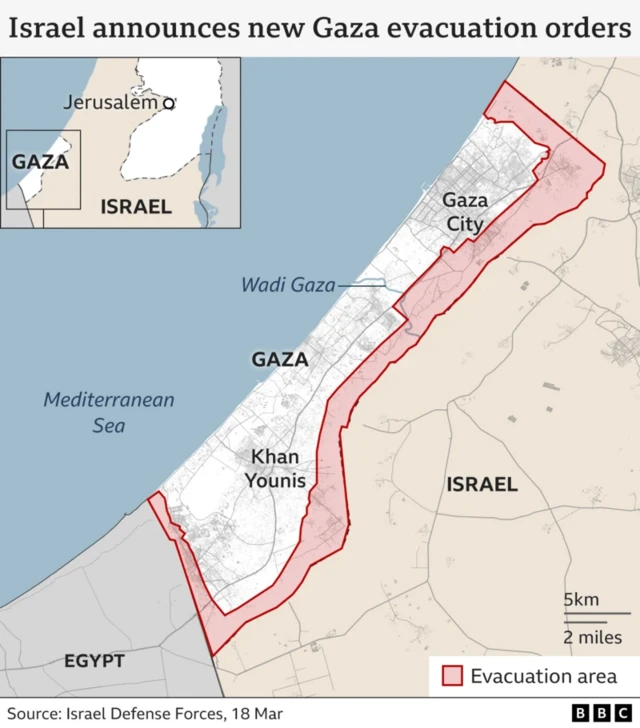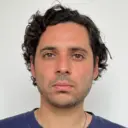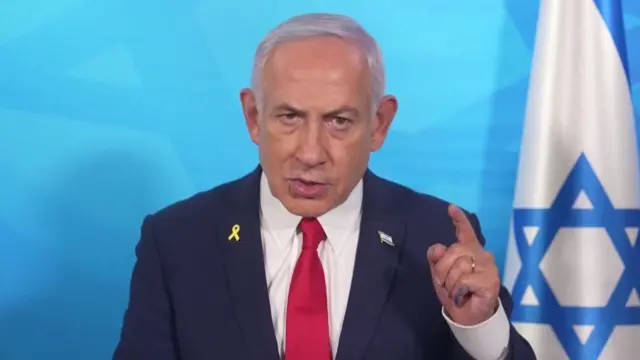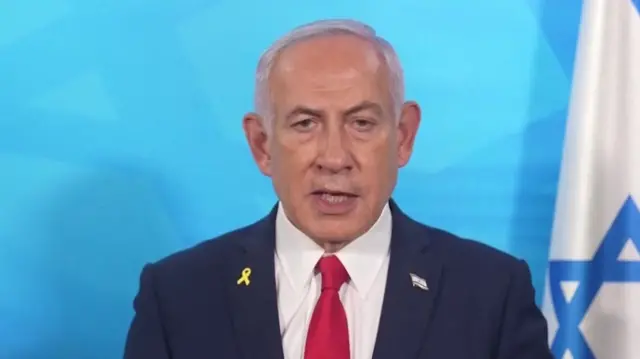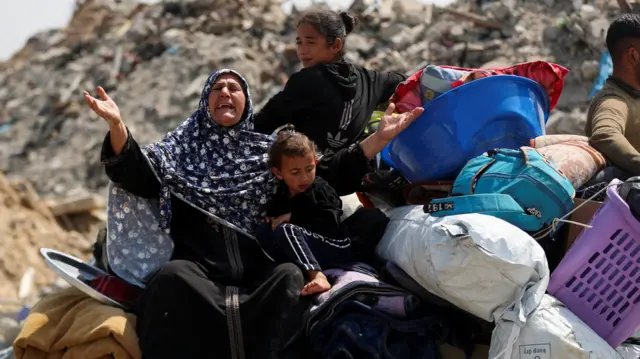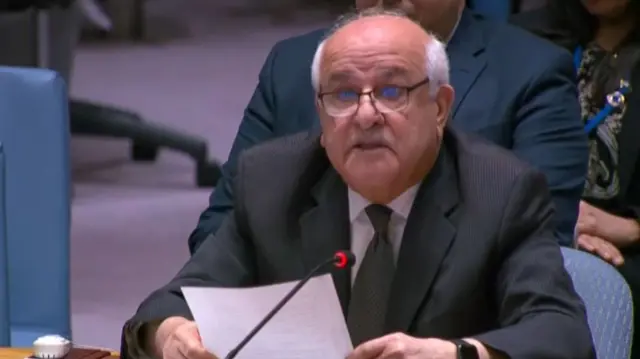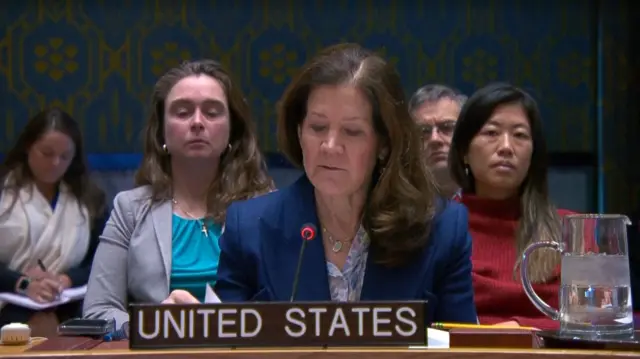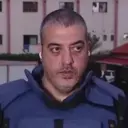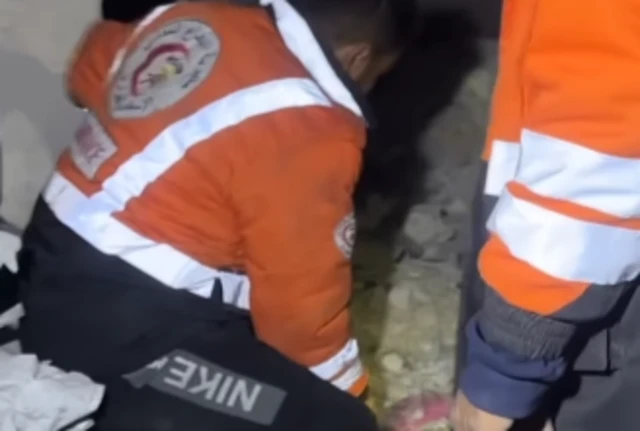More than 400 killed in Gaza as Israel warns this is 'just the beginning'published at 21:16 GMT 18 March
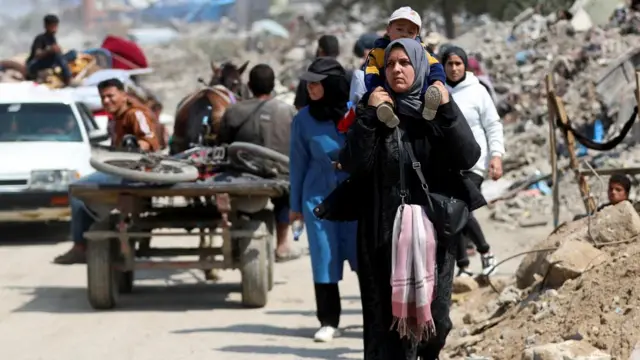 Image source, Reuters
Image source, ReutersMore than 400 people have been killed and hundreds injured by Israeli air strikes on the Gaza Strip, according to the Hamas-run health ministry.
Israel, Hamas and the US have exchanged accusations throughout the day. In a statement on Tuesday evening, Israeli Prime Minister Benjamin Netanyahu said Israel had resumed combat in Gaza with "full force", adding that the strikes were "just the beginning."
Netanyahu accused Hamas of rejecting proposals Israel had brought to ceasefire talks, saying negotiations would be done "under fire" from now on.
Earlier, Hamas accused Israel of attacking "defenceless civilians", adding that the US bore "responsibility for the massacres" in Gaza, after it emerged Israel briefed the US on the strikes prior to launching them.
US Ambassador to the UN Dorothy Shea, on the other hand, blamed Hamas for the renewed fighting, claiming it had rejected every proposal and deadline in recent weeks.
US President Donald Trump has not yet commented on the developments.
Meanwhile, the families of hostages gathered outside the Knesset (Israel's parliament) earlier, saying officials had chosen to "give up" on Israeli hostages still in Gaza by launching the overnight strikes on the territory.
We'll be pausing our live coverage shortly but will be back on Wednesday with the latest developments.
Until then, here's a list of BBC content to keep you up to date:
